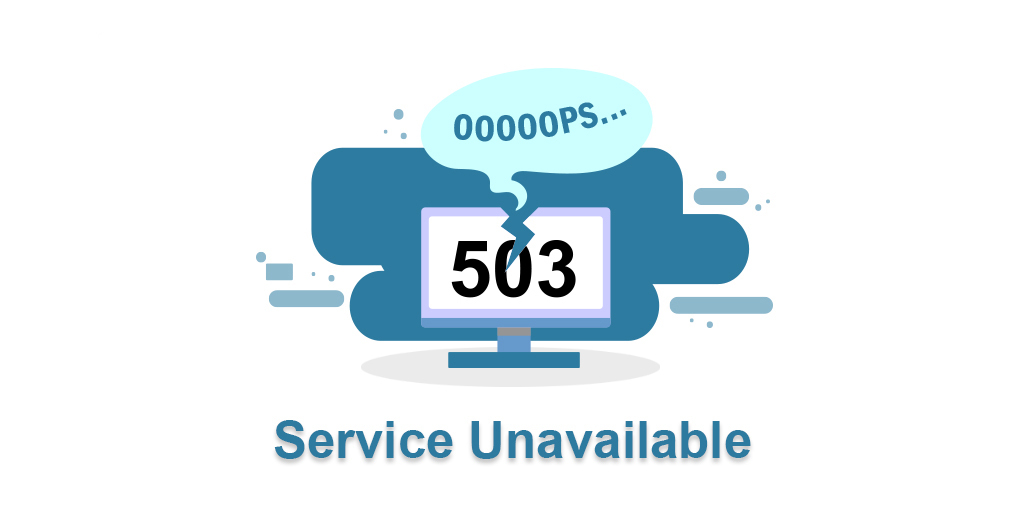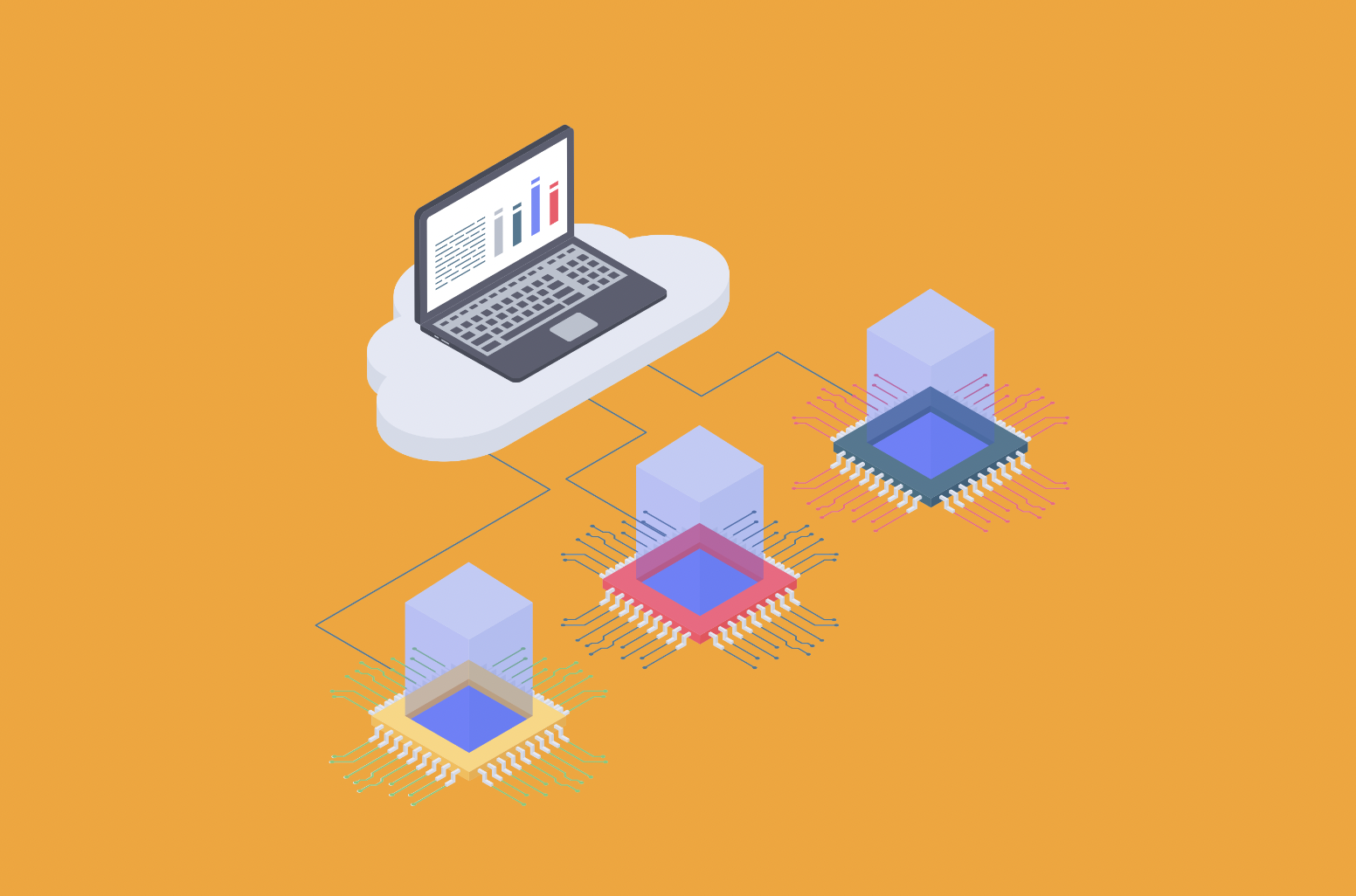Whether you run a business or you’re a consumer, online safety is paramount. A deeper understanding of your IP address will help you stay in control of the situation with a safe and stable internet connection. You are probably familiar with the term but this guide will answer all of your key questions, such as;
- What is an IP address?
- Why is it an important feature of online safety?
- What is a static IP?
- What is a dynamic IP?
- Why does my IP keep changing?
Here’s all you need to know about static and dynamic IP addresses ahead of building your first business website, managing eCommerce, or simply connecting with others through online interactions.
What is an IP address?
The Dictionary.com definition of an IP address states that it is the “numeric code that identifies all computers that are connected to the internet’. In short, it is a series of numbers that are assigned to your internet-enabled devices. It tracks the online activities you complete while letting a server know where the traffic is coming from.
It is, therefore, an essential tool for facilitating communications between different online devices and networks.
The numeric code is expressed as four numbers ranging from 0.0.0.0 to 255.255.255.255. For example, your IP address could be 123.45.678.90. This is known as a 32-bit internet protocol version 4 (IPv4). However 128-bit IPv6 IP addresses have become increasingly common.
An IP address is provided to all internet-activated devices when starting an online session. It is not assigned by the device. instead. It is provided by your internet service provider. Devices will have a public and a private IP address;
- Private IP address - this is the address assigned to each device within your network. The purpose is to help your router identify and separate individual devices like smartphones, tablets, speakers, or TV boxes.
- Public IP address - this is the IP address assigned to your entire network. It is the address that outside servers will use to identify your network and track your online activities while on their servers.
It’s almost certain that both public and private IP addresses will feature within your network.
How does an IP address work?
Connections between IP addresses and different networks are a necessary feature of all online interactions. They promote online safety because they give server administrators and web owners to track where traffic comes from. This can, for example, allow admins to block an IP address that has attempted a cyberattack. It does this by identifying the location of the network or email origin.
The interactions between IP addresses occur through the following steps;
- The device connects to the network, such as your WiFI router, and then authorizes access to the internet.
- Your online activities go through the ISP (or equivalent), who relays the info back to you via the IP address.
It should be noted that the exact interactions will be determined by whether you are using a home ISP, business network, cell phone internet provider, or public WiFi system. Either way, this all happens instantaneously and doesn’t require much thought from users.
Nonetheless, it tracks activities from your network as well as networks sending you online data. So, its importance for consumers and businesses alike is huge.
How to find your IP address
Whether a consumer or a business, all web users should know how to find their IP address. There are several situations where this info may be needed. Locating your public IP is an easy process, although it varies slightly depending on the device.
- Mac users can head to System Preferences and select their network.
- Windows users can search ‘cmd’ followed by ‘ipconfig’ from the command prompt.
- iPhone users can click their WiFi network and tap the ‘i’ button.
- Android users can tap Settings, About, Status to find their info.
Alternatively, you can run a simple Google search to find out your network’s IP address.
Static IP Addresses vs Dynamic IP Addresses
A basic understanding of IP addresses is important for all web users. If you are eager to give online safety and functions a boost, though, you will want to consider different types of addresses. As well as private versus public IP addresses, you may have encountered the terms static IP addresses and dynamic IP addresses.
Before looking at the two options, you should know that IP addresses change. Here are some of the situations in which standard IP addresses will switch from one numeric sequence to another;
- When resetting a router or network facility, the IP address will reset to a new number.
- When taking a portable device to a new location, you do not take the network IP with you. So, your cell phone’s IP, for example, will switch each time you join a new network.
- You can call your ISP to change the IP address for you.
If you are a standard web users that simply uses a smartphone or laptop for emails, social media, and streaming, you won’t need to know much more. For more advanced users or business owners in charge of a network, asking what is a static IP address or a dynamic IP address will become far more significant.
What is a Static IP address?
As the name suggests, a static IP address is one that does not change. It is a special type of IP address that is also commonly referred to as a fixed IP. It is an IP address that is manually assigned to a device by the network administrator or the ISP. alternatively, the IP address can be typed in manually from certain devices like laptops and smartphones.
A static IP address can last for days, weeks, months, or even years. Even when you reset your routers, the fixed address remains.
Once a server has assigned a static address, networks can be configured to ensure that certain inbound requests like FTPs are sent to the specific computer within the network. Likewise, they are commonly assigned to printers within the network so that all other devices know exactly how to interact with the printer.
Static IP addresses are most frequently used by website hosts. Changing IP addresses would cause a website to go offline even when the servers are working, this is because devices and inbound traffic connecting via a previous IP address would be unable to make the connection due to the network’s inability to determine which device is serving the site.
If you think about a static address like you do a physical address or an email address (in that it stays unchanged) it becomes easier to see how a static IP makes it easier for your network to identify and differentiate devices for key online interactions, such as hosting sites or file-sharing servers. Likewise, they are a great solution if you need an administrator to access devices remotely and without needing to research the IP address each time.
What is a Dynamic IP address?
In contrast to static IP addresses that stay constant, a dynamic IP address is one that will automatically change at regular intervals. It does this without any input from the device owner while the addresses are assigned in an automated fashion by ISPs, who buy them in bulk on behalf of clients.
Dynamic IP addresses are assigned via the DHCP (dynamic host configuration protocol) server. As well as automatically changing when your router is reset, the ISP can put old IP addresses back into circulation. This is done primarily for cost-saving purposes
There are limitations of dynamic IP addresses, although the vast majority are only relevant to businesses and workers.
If you are not sure whether you have a dynamic or static IP address, it’s probable that you have a dynamic address. This can be confirmed very quickly by switching off your router and seeing whether the IP address changes on your devices once you have turned it back on. A dynamic IP and a static IP will be presented in the same way, using either IPv4 or IPv6.
Dynamic IP addresses are great for individual devices on a network. For example, an office unit may have a static address for its admin’s computer, but then subsequently use dynamic IP addresses for the devices connected to the company network via WiFi and other channels. Dynamic IPs are also used when clients or guests are on site. As a rule of thumb, dynamic is the most common solution and will be used for at least some of the devices.
Static IP versus Dynamic IP: The Pros and Cons
When deciding whether static IP addresses or dynamic IP addresses are the best solution, it’s important to weigh up the pros and cons of both. Here’s everything you should know to make a more calculated decision for your business:
Static IP pros
- Servings - Static servers are easier for other devices to connect to via the DNS. as such, this promotes faster online interactions. Whether related to your website servers or other data servers, this adds convenience and efficiency.
- Remote working - Static IP addresses are suited to DNS server support while they additionally support remote access via VPNs (Virtual Private Networks). This is an increasingly important feature in the modern age of Work From Home schemes.
- Reliable communication - Static IP also ensures reliable communications when using VoIP (voice over internet protocol) tech or when using geo-location services as there is pinpoint accuracy.
Static IP cons
- Expense - Static IP addresses are more expensive than dynamic ones, which can be added back to the pool. Some ISPs charge them as an additional service while others incorporate them as a standard service but at a heightened cost.
- Configuration - Dynamic IP addresses take care of themselves as they are automatically assigned and updated when they change. Static IPs must be manually configured. This is usually an administrator.
- Security - Static IP addresses can add a layer of security to devices, but the non-changing attribute also leaves it open to hacking. Cyberattackers know where your servers are online while it’s also possible to locate your physical site.
Dynamic IP pros
- Costs - Dynamic IPs are cheaper, partly because they are provided in bulk to the ISP but also because they can be reused. Moreover, you won’t need to worry about configuration, which saves you time and money.
- Unlimited IPs - Dynamic IP addresses are cycled through the system of billions and will be automatically deleted when replaced by a new one. You will never need to worry about causing conflicts or reconfiguration.
- Security - While static IP addresses are prone to attacks and physical location identification, dynamic IP addresses are at less risk due to cyclical elements and added layer of protection that they bring.
Dynamic IP cons
- Extra facilities - Dynamic IP addresses may struggle to connect with remote-based addresses and devices without the use of VPNs. This may undo some of the proposed cost-savings while also adding another aspect that could go wrong.
- Potential downtime - It’s not a common occurrence, but ISPs can temporarily fail to assign a dynamic IP address from time to time. Naturally, this is not a problem for static IP addresses as they are not regularly changing.
- Hosting issues - Server hosting via dynamic IP addresses and DNS will not work. The DNS will continually struggle to identify devices and servers. The incompatibility will subsequently harm your time, money, and sanity.
Conclusion
IP addresses are used by every online device imaginable, including home security systems and children’s toys. Given the growing importance of IoT, IPs are needed by billions of devices. While general consumers usually won’t have to worry, they are a key consideration for website owners and business network administrators. Employees, particularly remote workers, will need to pay greater attention to their decisions.
For robust and versatile networks that promote optimal efficiency, big companies may find that a combination of static and dynamic IP addresses is required. To find out more about what could work best for your web hosting and commercial online endeavors, get in touch today!
What is an IP address?
An Internet Protocol (IP) address is a unique identifier that is assigned to internet-connected devices. It is used to communicate between various devices and networks. An IP address is a string of four or more digits (IPv4 or IPv6). IP addresses are used to monitor online activity and provide information to server administrators about the origin of traffic.
Why is an IP address important for online safety?
The Internet Protocol address (IP address) is a key component of online security as it enables server operators and web proprietors to monitor and trace the source of traffic on the internet. This data can be used to protect the internet by blocking IP addresses associated with cyberattacks and improving the overall security of the internet.
What is a static IP?
Static IP addresses are a type of IP address that does not change over time. They are manually assigned to devices by network administrators or Internet Service Providers (ISPs) and are perfect for devices that need a fixed IP address, like servers and printers.
Why does my IP keep changing?
IP addresses can be changed for a variety of reasons, like resetting your router or moving your portable device to a different location. You can also contact your Internet Service Provider (ISP) to request a new IP address. For most normal web users, changes in IP addresses are part of the normal network process and don't require any extra attention.

Nadejda Milanova
An experienced Content creator in the field of Search Engine Optimization (SEO) and WordPress. A true proffesional with a Master's degree focused on journalism.
Read more by Nadejda Milanova





